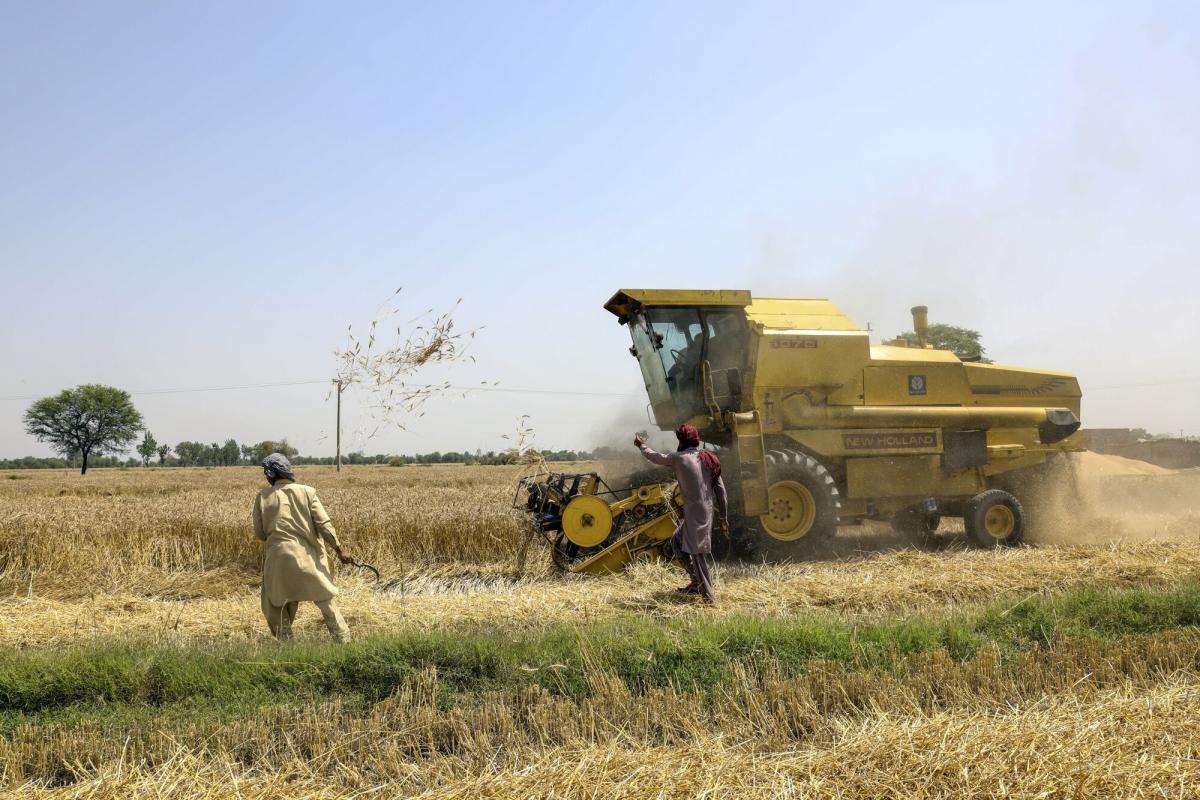
Economic Growth in Pakistan Falters due to High Interest Rates and Reduced Consumer Demand
Pakistan’s economic growth slowed down in the second quarter due to high interest rates affecting businesses and reducing consumer demand. The country’s gross domestic product (GDP) only expanded by 1% in the October-December period compared to the same time last year, falling short of the median estimate of 1.8% in a Bloomberg survey. However, the National Account Committee revised upward economic growth for the previous quarter to 2.5% from 2.13%.
Despite managing to avoid a sovereign default last year, Pakistan’s economy remains fragile. Prime Minister Shehbaz Sharif is seeking a new loan from the International Monetary Fund (IMF) to support the economy and boost foreign exchange reserves. The IMF has lowered its GDP forecast for the current fiscal year to 2% from 2.5% due to weak domestic demand.
Agriculture saw growth of 5.02% from a year ago, while industry contracted by 0.84%, and services grew by just 0.01%. Despite this, Pakistan’s economy experienced a rare contraction of 0.17% in the previous fiscal year, which heavily relies on IMF aid with $24 billion in external financing needs in the upcoming fiscal year, which is about three times its foreign exchange reserves.

